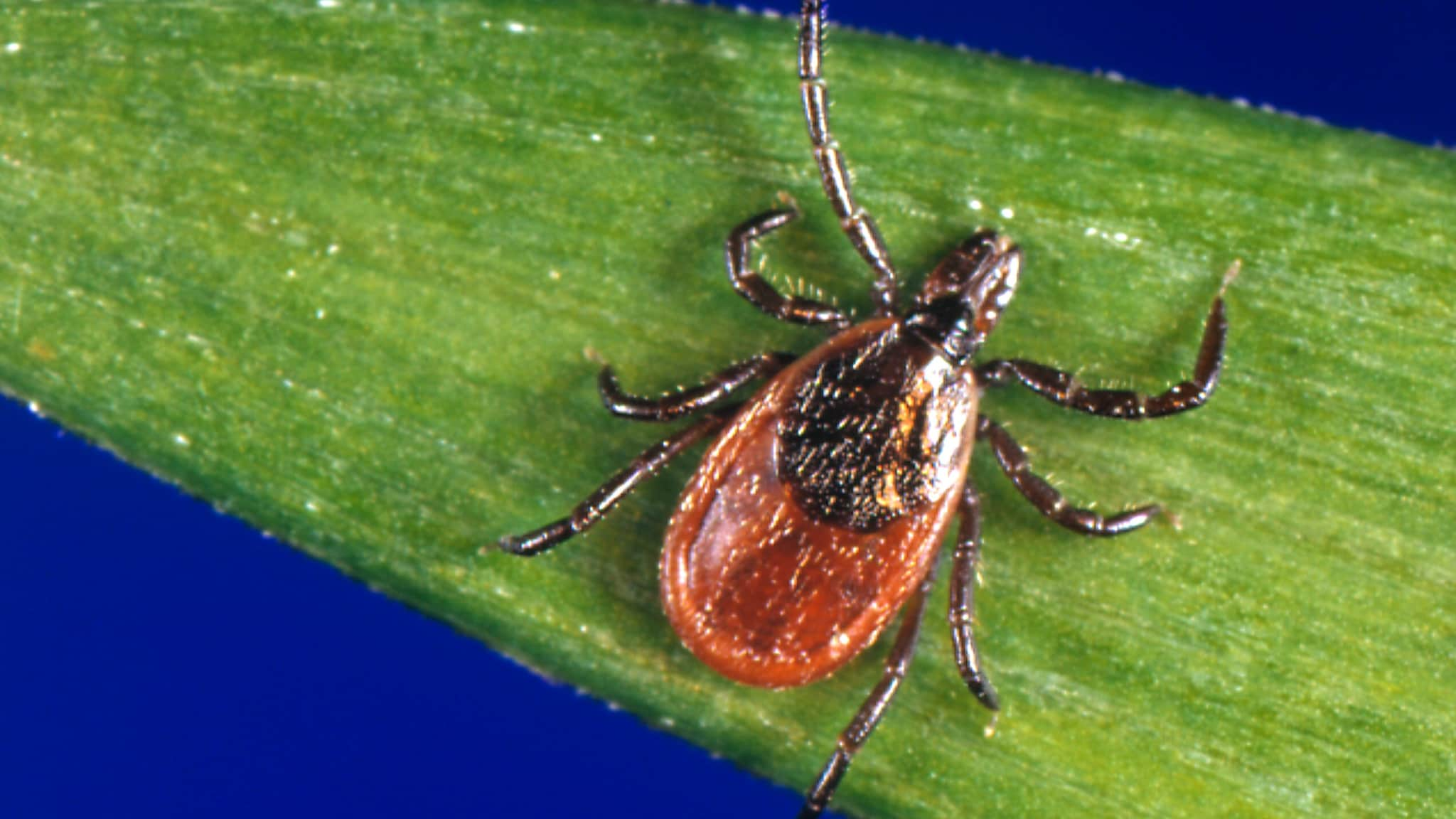Key Points
- Powassan virus is spread to people by the bite of an infected tick.
- Powassan virus disease is rare but is increasing.
- Initial symptoms include fever, headache, vomiting, and weakness.
- There are no vaccines to prevent or medicines to treat Powassan virus disease.
- Reduce your risk by avoiding ticks.

Overview
Powassan virus is spread to people by the bite of an infected tick. Although still rare, the number of reported cases of people sick from Powassan virus has increased in recent years. Most cases in the United States occur in the northeast and Great Lakes regions from late spring through mid-fall when ticks are most active.
Initial symptoms can include fever, headache, vomiting, and weakness. Powassan virus can cause severe disease, including inflammation of the brain (encephalitis) or the membranes around the brain and spinal cord (meningitis). Symptoms of severe disease include confusion, loss of coordination, difficulty speaking, and seizures.
There are no vaccines to prevent or medicines to treat Powassan virus disease. Reduce your risk of infection from Powassan virus by avoiding ticks.
